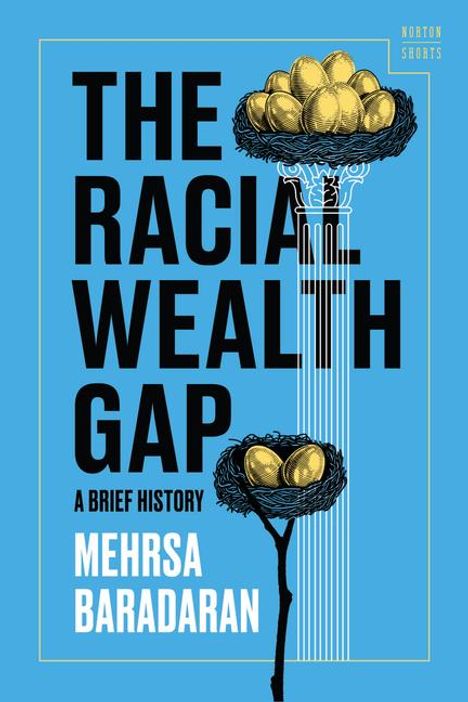Mehrsa Baradaran: The Racial Wealth Gap, Gebunden
The Racial Wealth Gap
- A Brief History
(soweit verfügbar beim Lieferanten)
- Verlag:
- W. W. Norton & Company, 02/2026
- Einband:
- Gebunden
- Sprache:
- Englisch
- ISBN-13:
- 9780393881820
- Artikelnummer:
- 12297124
- Umfang:
- 192 Seiten
- Gewicht:
- 331 g
- Maße:
- 218 x 147 mm
- Stärke:
- 20 mm
- Erscheinungstermin:
- 3.2.2026
- Hinweis
-
Achtung: Artikel ist nicht in deutscher Sprache!
Klappentext
Why has the racial wealth gap between the median white households and median Black households in America remained stagnant over the past century, never narrowing below six to one? Mehrsa Baradaran attempts to answer this question in this sweeping yet accessible history. She shows how decades of the laws rooted in white supremacy-from slavery and the broken Reconstruction-era promise of "40 acres and a mule", to the racist policies of the Jim Crow and New Deal eras-have restricted Black access to capital, credit, homeownership and other mechanisms of wealth creation while subsidising the rising economic fortunes of white families.
An infuriating and compelling read, The Racial Wealth Gap offers a devastating analysis of one of America's most pressing systemic issues.
- A Norton Short


